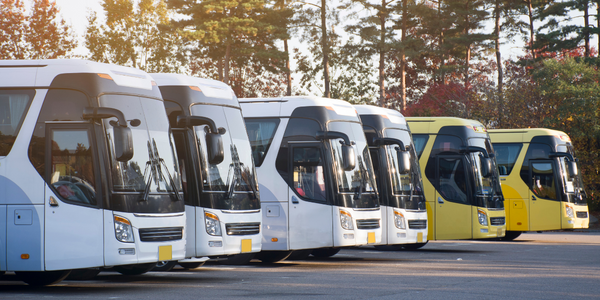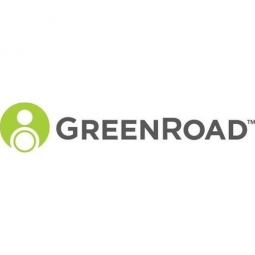Download PDF
Empowering Driver Safety: Metroline's Adoption of GreenRoad and Blink

Technology Category
- Platform as a Service (PaaS) - Application Development Platforms
- Sensors - Autonomous Driving Sensors
Applicable Industries
- Education
- Telecommunications
Applicable Functions
- Human Resources
- Sales & Marketing
Use Cases
- Driver Performance Monitoring
- Onsite Human Safety Management
Services
- System Integration
- Training
The Challenge
In 2015, Metroline, one of London’s largest bus companies, began using GreenRoad in four depots to supplement another telematics system used elsewhere in the business. By 2020, Metroline selected GreenRoad for its entire fleet of buses in London. The challenge was to ensure that the drivers could easily understand their safe driving scores, fostering a sense of fairness and encouraging a 'friendly competition' around safety. The trade unions needed to understand that the system actually empowered their drivers. The challenge also involved getting extensive buy-in, not only from the drivers and operational managers, but importantly also from the unions and all other departments within the company.
The Customer
Metroline
About The Customer
Metroline is one of London’s largest bus companies, with 4,100 drivers and 1,600 vehicles. The company was looking for a comprehensive and advanced telematics system that could be easily understood by their drivers, fostering a sense of fairness and encouraging a 'friendly competition' around safety. They needed a system that could be integrated with their internal corporate communications platform, Blink, to ensure efficient communication with their drivers. Metroline also wanted to get extensive buy-in from not only the drivers and operational managers, but importantly also from the unions and all other departments within the company.
The Solution
The solution involved deploying GreenRoad across the whole of Metroline, which was more about employee relations than technical details. Metroline formed a steering committee so that drivers, engineers and representatives from all departments could get involved in the decision making. They held training meetings, and ran a communications campaign that educated drivers on all aspects of the initiative. Green safety scores were publicized on a leaderboard, with drivers closely monitoring where they stood in the rankings. The safety scores were used as the basis for 'friendly competition' – with rewards as an extra incentive. Metroline also integrated GreenRoad with Blink, their internal corporate communications platform, which made it easy to get good information to thousands of drivers quickly and efficiently, and fostered a sense of community.
Operational Impact
Quantitative Benefit
Related Case Studies.

Case Study
Vodafone Hosted On AWS
Vodafone found that traffic for the applications peak during the four-month period when the international cricket season is at its height in Australia. During the 2011/2012 cricket season, 700,000 consumers downloaded the Cricket Live Australia application. Vodafone needed to be able to meet customer demand, but didn’t want to invest in additional resources that would be underutilized during cricket’s off-season.

Case Study
SKT, Construction of Smart Office Environment
SK T-Tower is the headquarters of SK Telecom. Inside the building, different types of mobile devices, such as laptops, smartphones and tablets, are in use, and with the increase in WLAN traffic and the use of quality multimedia data, the volume of wireless data sees an explosive growth. Users want limitless Internet access in various places in addition to designated areas.









